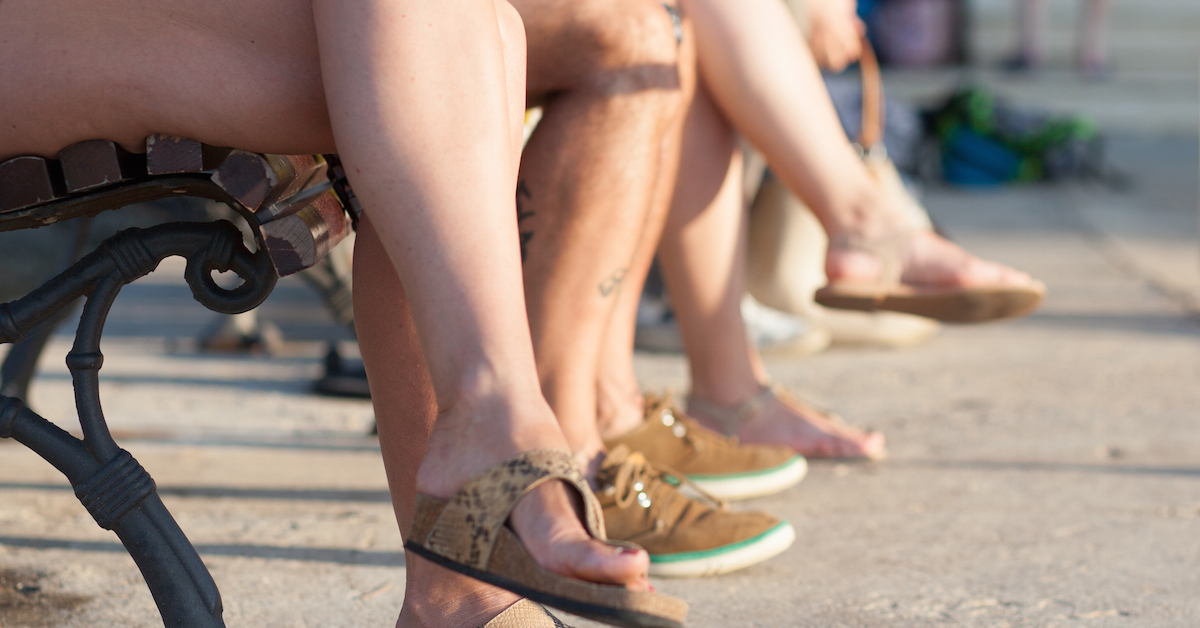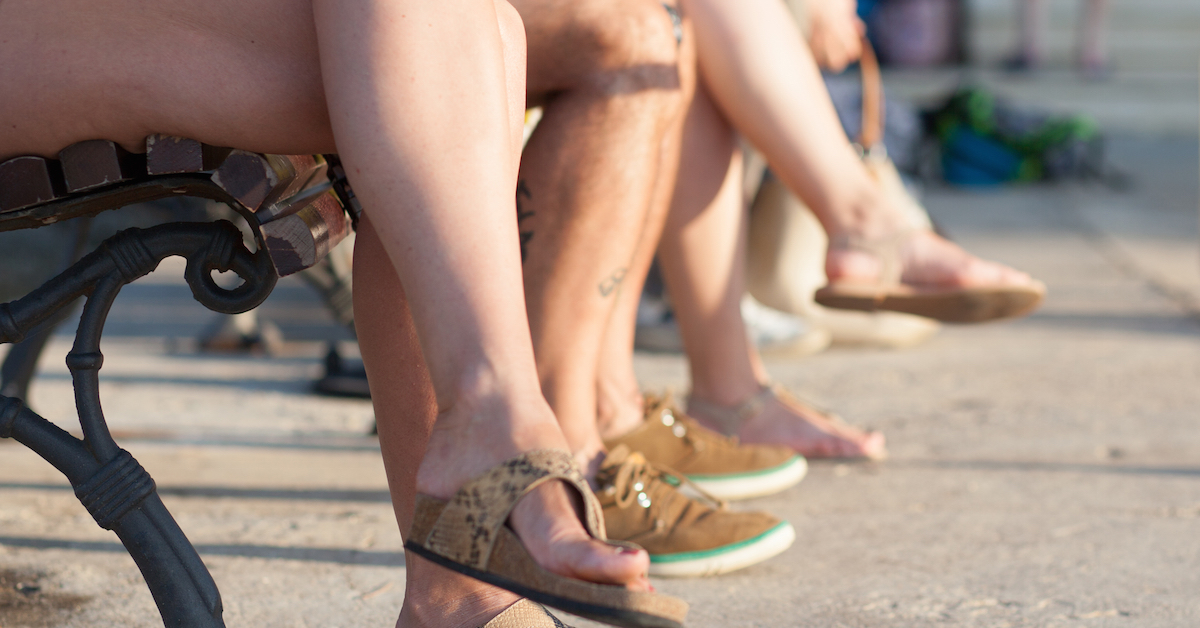 Since Friday, nonconsensual porn and the wretches who inflict it on humanity got three swift kicks. To wit:
Since Friday, nonconsensual porn and the wretches who inflict it on humanity got three swift kicks. To wit:
1. A WHACK! from technology.
It will soon be easier to flush revenge porn from the web. Google announced on Friday that it’s going to honor takedown requests for explicit images shared without people’s consent, just as it would for other highly sensitive personal information, such as bank account numbers and signatures, that surface in its search results.
2. A PUNCH! coming (hopefully!) from the US Congress.
A US federal bill banning nonconsensual porn is expected to be introduced in July.
Nope, that’s not wax in your ears. You heard it right: there is currently no federal law against revenge porn in the US. Instead, there’s a patchwork, with only 21 states having criminalized it (though another 17 states are on the brink of doing so).
3. A SMACKDOWN! coming on the cultural front.
The meme of revenge porn has risen to the point where the insanity of it not being a federal crime has earned the ridicule of astute cultural critic/comedian John Oliver.
In Sunday’s Last Week Tonight show, Oliver’s commentary included, among other things, news clips featuring victims of online harassment, one of whom attempted suicide after her ex took out an online dating profile with her name, address, and intimate photos.
Oliver stands up for victims’ rights to take photos
Oliver included a searing critique of the media’s predictable blaming of the victim, epitomized with the “you shouldn’t have taken nude photos to begin with” chastisement, disguised as advice, that’s constantly being dispensed.
That’s like saying it’s your fault if your house gets broken into, Oliver said, given that you’re the one guilty of owning a house to begin with.
From a security perspective, telling people not to share nude photos is also akin to blaming people for having easily guessed passwords that lead to account takeover: sure, they could and should use stronger passwords, but that doesn’t make it any less of a crime to break into their accounts, just as leaving a window open in a house is not an invitation, or an excuse, for breaking and entering.
As far as Google’s announcement goes, it was welcomed by many commenters relieved at the thought that takedown requests will be in place soon. However…
… just because Google buries it doesn’t mean it’s dead
In the coming weeks, Google will introduce a web form that people can use to submit takedown requests, according to the post put up by Amit Singhal, Google Search senior vice president.
One assumes it will be similar to what Google’s done with the right to be forgotten process granted to European countries.
From Singhal’s post:
Our philosophy has always been that Search should reflect the whole web. But revenge porn images are intensely personal and emotionally damaging, and serve only to degrade the victims—predominantly women. So going forward, we’ll honor requests from people to remove nude or sexually explicit images shared without their consent from Google Search results. This is a narrow and limited policy, similar to how we treat removal requests for other highly sensitive personal information, such as bank account numbers and signatures, that may surface in our search results.
What could possibly go wrong?
Well, hopefully Google won’t pussyfoot around with takedowns, but that’s certainly what it’s done (for better or for worse, depending on whether you regard takedowns as running counter to free inquiry) with right to be forgotten requests.
As it is, Canada and France have had to force Google’s hand to make it take down search results globally, given that the search behemoth’s predilection has been to bury results only in a given country.
As well, the offending porn images will live on; Google can’t reach out and remove them from the sites where they’ve been posted.
While Google has joined the ranks of big internet players Twitter, Facebook and Reddit, all of which have already banned involuntary nude photos, Google is the first search engine to attack the issue.
Google’s far from the only search engine, though. While it may be the search Goliath, other search engines can lead to involuntary porn.
Finally, on the legal front, the US may be on the brink of catching up with the UK and Wales, which have made revenge porn an offence punishable by up to two years in prison.
Criminalising revenge porn in the US
Sources at the office of US Representative Jackie Speier (D-Calif.), who is sponsoring the bill, told the Daily Dot that federal legislation outlawing nonconsensual pornography on a national level is expected to be introduced in mid- to late July.
Activists have been working on this bill for over a year.
Mary Anne Franks, a University of Miami law professor who’s worked with a group of women in the Cyber Civil Rights Initiative (CCRI) on the issues of online harassment and nonconsensual porn, told the news outlet that the mishmash of state laws in the US has actually created a pressing need for a federal law:
When you’re at 21 states with revenge porn laws, what happens is you have 21 different definitions. Part of why we see the federal bill as the natural next step is because we want a concrete, clear definition of what nonconsensual pornography is.
In a statement, Rep. Speier said that celebrities shouldn’t be the only ones who have enough clout – and money – to get their stolen nude photos taken down – an obvious reference to Celebgate:
Today it’s possible to ruin someone’s life with the click of a button, by publishing another person’s private images without their consent. Our laws haven’t yet caught up with this crime. If you’re a celebrity, you can pay a high-priced lawyer to demand that websites take your picture down, but for an average person, the current system offers almost no recourse. We already punish the unauthorized disclosure of private information like medical records and financial identifiers. Why should personal images of one’s naked body, given in confidence, be any different?
That’s a good question.
I know that many will point out, unlike with medical or financial records, that we have a choice not to take, or share, naked photos.
But one reason that activists are moving away from the term “revenge porn” and toward the more inclusive term “nonconsensual porn” is that we often don’t have a choice when photos are taken of us, and we don’t always knowingly share them with partners whom we “should have known better” than to trust.
Rooms get rigged with hidden cameras. Webcams get hacked.
Even if photos are knowingly shared, that’s still no reason to blame the victim.
We own houses. We sometimes leave windows open.
What a relief to see that on a political, technological and cultural level, we’re moving toward the point where we hold the burglars, and not the homeowners, responsible.
Image of crossed legs courtesy of Shutterstock.
